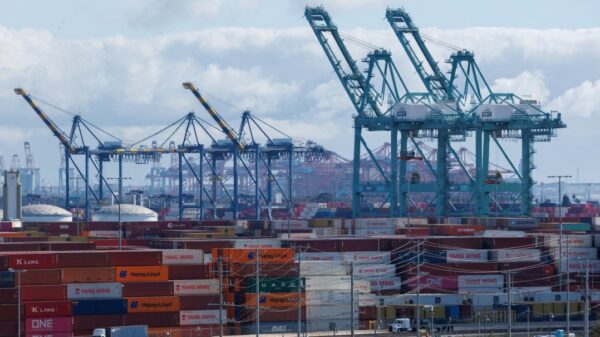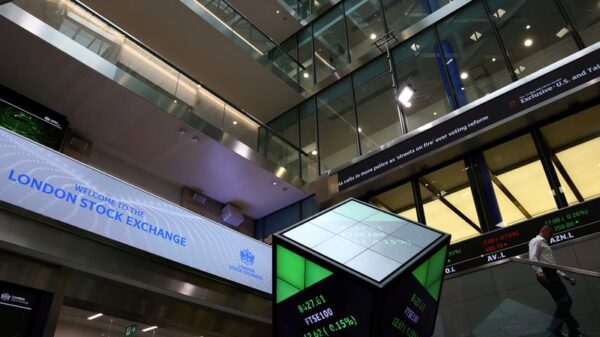Oil Prices Surge After Red Sea Shipping Incident
Houthi Attack Disrupts Major Shipping Lane
Global oil markets experienced a sharp price surge following a Houthi missile attack on a commercial vessel navigating through the Red Sea. The strike, which occurred near the Bab el-Mandeb Strait, temporarily halted shipping traffic and renewed concerns about the security of global trade routes.
Key Maritime Chokepoint Targeted
The Bab el-Mandeb Strait is a vital maritime chokepoint connecting the Arabian Sea to the Suez Canal and Mediterranean. The attack disrupted the movement of oil tankers and cargo ships, raising fears of prolonged delays and supply chain disruptions across Europe and Asia.
Immediate Impact on Crude Oil Prices
Following the attack, Brent crude jumped by 4.7% to $92.13 per barrel, while West Texas Intermediate (WTI) rose to $88.56. Analysts attribute the spike to supply fears and heightened geopolitical tensions, particularly given the strategic importance of the affected region.
Global Markets React With Volatility
Financial markets responded with heightened volatility. Energy stocks climbed amid rising oil prices, while broader indices dipped on concerns about inflation and shipping slowdowns. Investors are closely watching for developments that could either exacerbate or ease the crisis.
U.S. and Allies Condemn Attack
The United States and its allies swiftly condemned the attack, calling it a threat to international trade and maritime safety. U.S. Secretary of State Marco Rubio stated that the assault “underscores the need for collective action to safeguard vital shipping lanes.”
Shipping Industry on High Alert
Shipping companies have responded by rerouting vessels or temporarily suspending Red Sea operations. Lloyd’s of London issued a warning to insurers, classifying the region as high-risk and potentially subject to increased premiums.
Global Supply Chains Under Pressure
The disruption has ripple effects across supply chains, with delayed shipments of oil, gas, and consumer goods impacting multiple industries. Logistics experts warn of rising costs and potential bottlenecks in the weeks ahead.
Middle East Tensions Intensify
The incident comes amid a broader escalation in regional tensions, particularly involving Iran-aligned Houthi forces in Yemen. Analysts warn that continued attacks could further destabilize the area and provoke international military responses.
Oil-Producing Nations Monitor Situation
Major oil-producing countries, including Saudi Arabia and the United Arab Emirates, are closely monitoring the situation. While neither has altered production levels yet, market watchers suggest that any prolonged disruption could trigger coordinated responses through OPEC.
Calls for Enhanced Maritime Security
Global leaders are calling for increased naval patrols and international cooperation to ensure the safe passage of vessels. The United Nations Security Council has been urged to convene and address threats to maritime security in the Red Sea corridor.
Energy-Dependent Economies Brace for Impact
Countries heavily reliant on oil imports, including India, Japan, and South Korea, are preparing for potential price shocks. Governments are reviewing strategic petroleum reserves and alternative sourcing strategies to mitigate the impact.
Environmental Risks Highlighted
The attack has also raised alarms about environmental risks. If a targeted vessel were to spill oil or hazardous materials, it could result in severe ecological damage to marine life and coastal ecosystems in the Red Sea.
Market Analysts Predict Short-Term Volatility
Economists predict short-term volatility in global oil prices until shipping routes stabilize and security is restored. While some believe prices will normalize within weeks, others warn of prolonged uncertainty if geopolitical risks remain unresolved.
Historical Parallels Drawn to Past Crises
The situation draws comparisons to previous disruptions in the Strait of Hormuz and Suez Canal, both of which have historically triggered energy market upheavals. Analysts emphasize the need for resilient trade infrastructure and diversified routes.
Conclusion: Strategic Waters Under Threat
The Red Sea shipping incident underscores the fragile nature of global energy logistics and the far-reaching consequences of regional conflict. As oil prices surge and security concerns mount, world leaders face renewed urgency to protect international trade and stabilize markets.




































